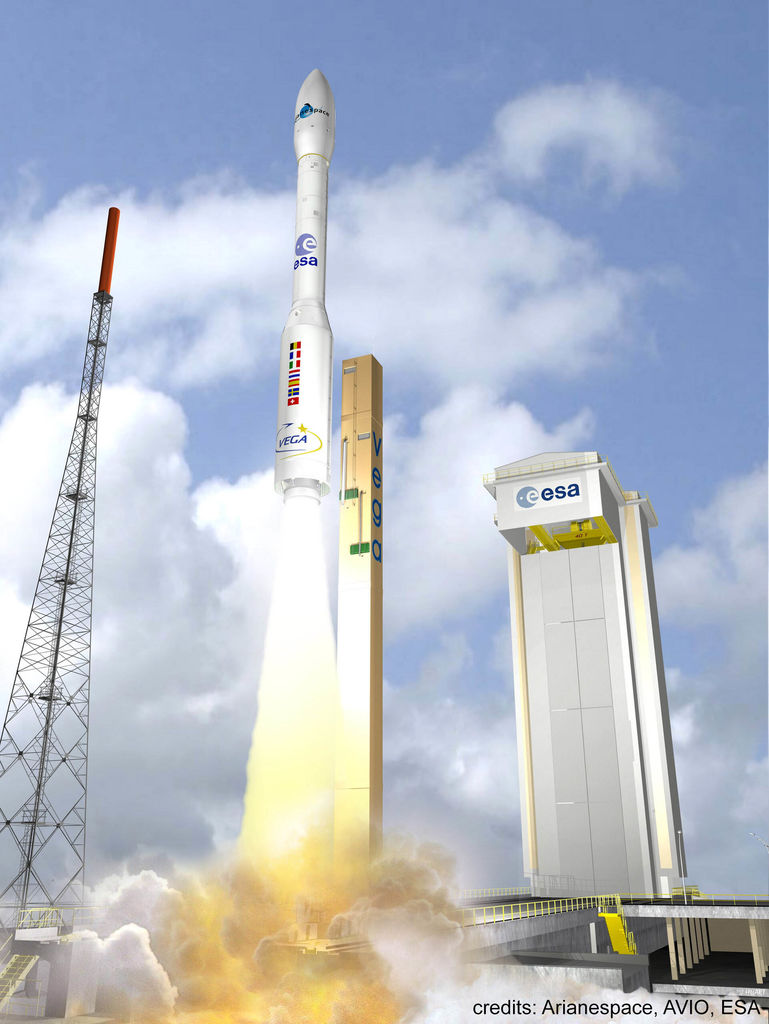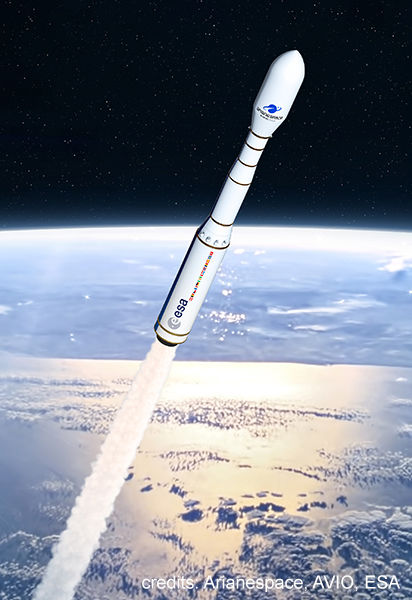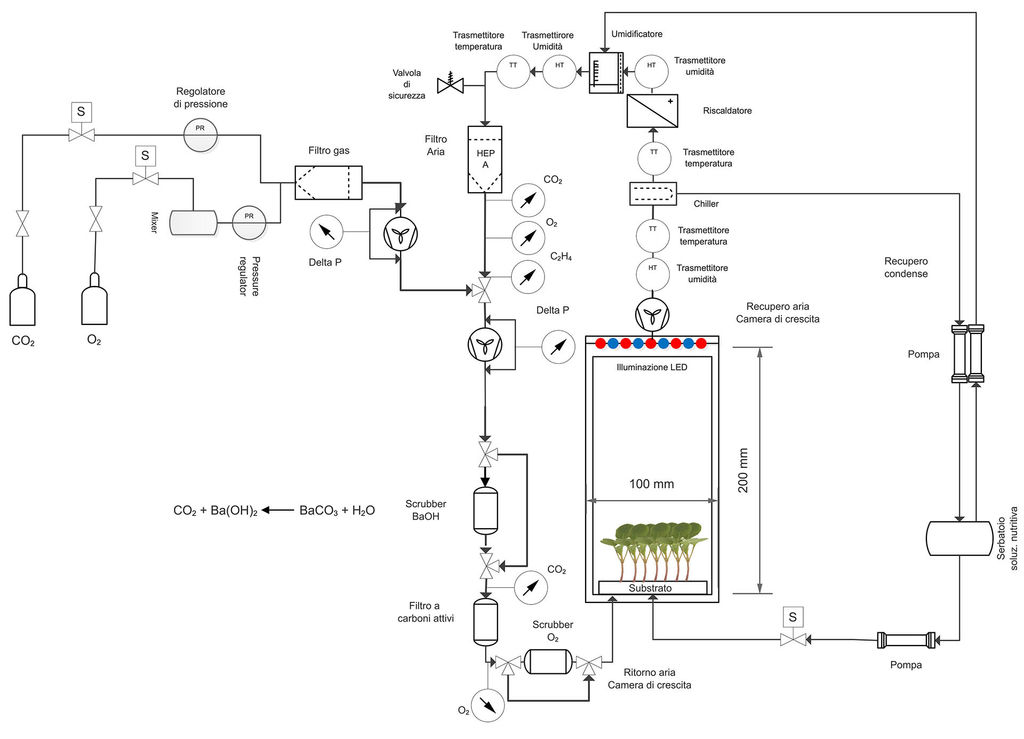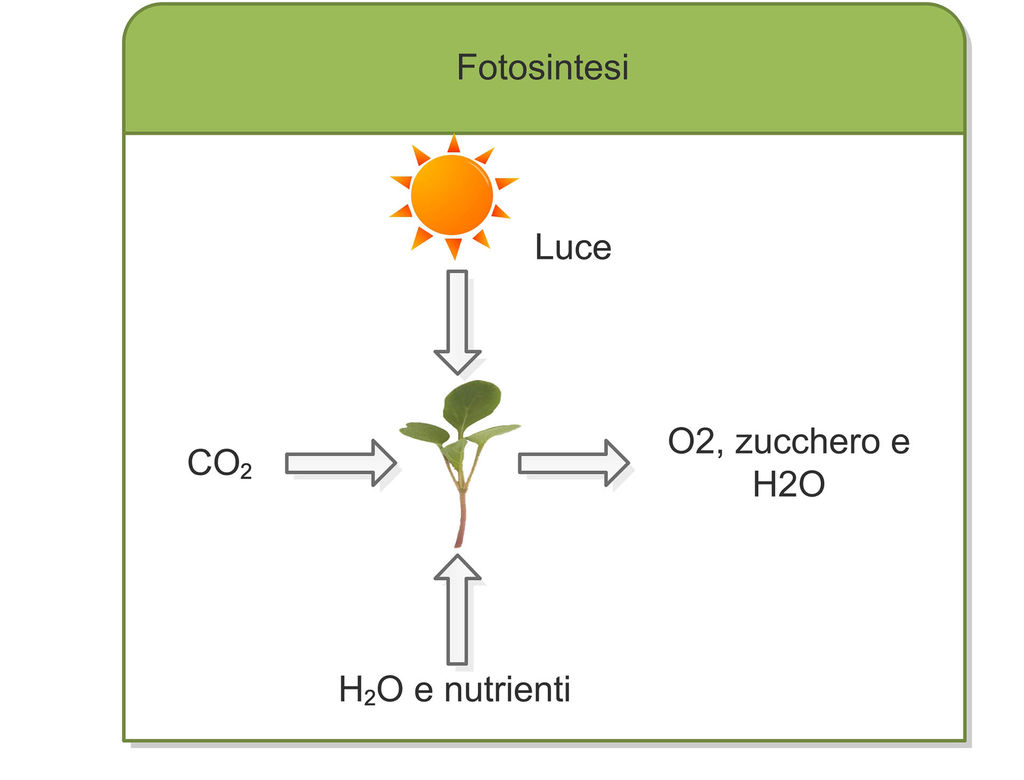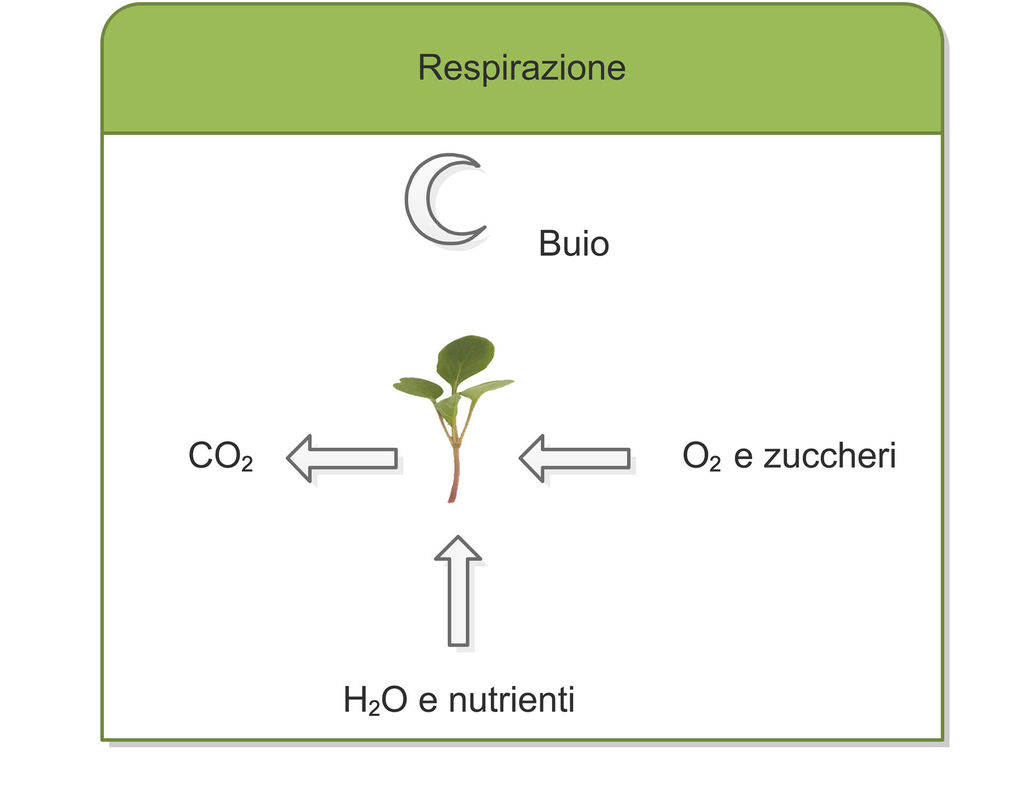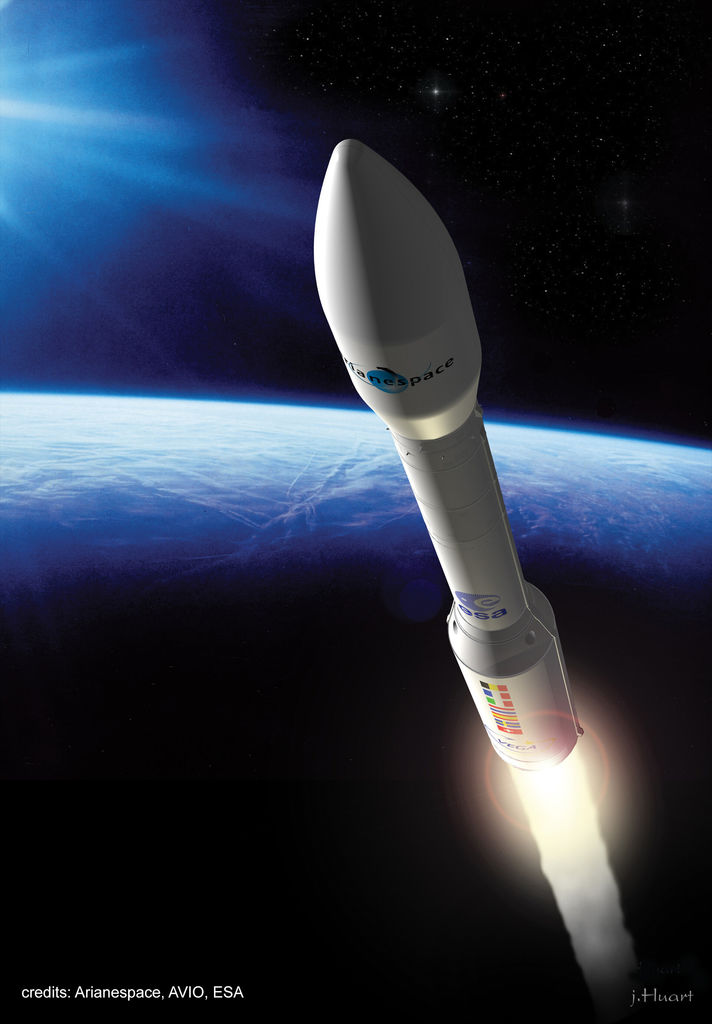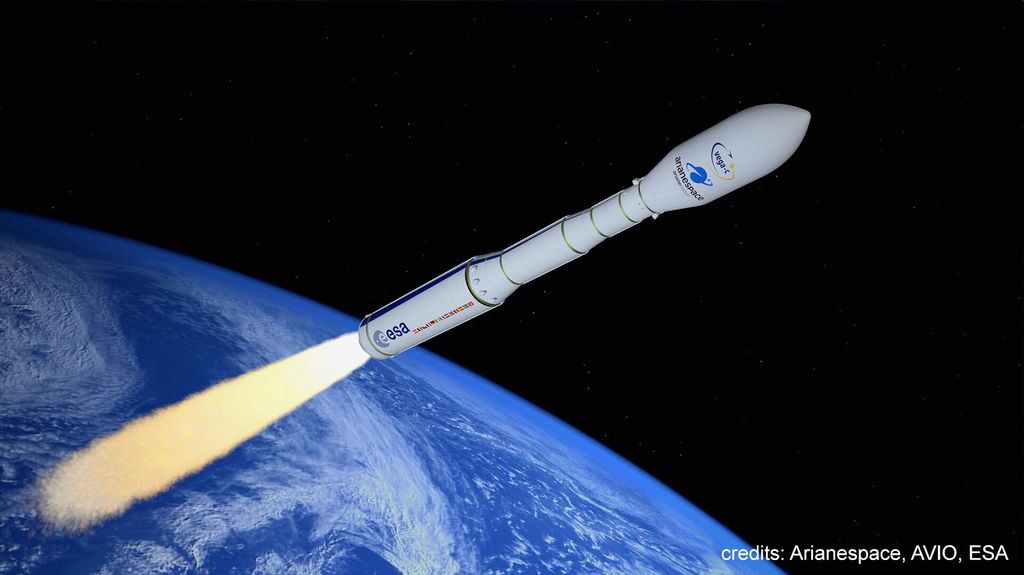
The first micro-garden in orbit for growing vegetables in space
A micro-garden at 6 thousand Km from Earth to grow fresh vegetables intended for future space explorations. GREENCUBE has been engineered by an Italian scientific team and it will be included, for the first time, on a mini satellite which will be launched during the first journey of the European Space Agency (ESA)'s official vector VEGA-C.
Sapienza University of Rome – in coordination with the Italian Space Agency – is collaborating with ENEA and the University Federico II of Naples to produce the prototype. It is 30x10x10 cm and is based on closed-loop hydroponic cultivation able to guarantee, for the 20 days of experimentation, a complete growth cycle of micro vegetables, selected among those that best adapt to extreme extraterrestrial conditions.
“This project is part of the ENEA mission to transfer to industry and public administration the outcomes of scientific research from a sustainable economic development perspective. In this case, we are doing it through expertise, infrastructures and skills gained with the cultivation of fresh vegetables for industrial use, in enclosed, confined and extreme contexts like space – says Luca Nardi, researcher in the Biotechnology Laboratory ENEA. “This in-orbit cultivation system – continues Nardi – will allow us to maximize efficiency in terms of energy, air, water, and nutrient quantity and consumption and, during the missions, it will be accompanied by parallel on-earth cultivation experiments in specific rooms to verify the effects of radiation, low pressure and microgravity on plants.”
Housed in a pressurised and confined space, the micro-vegetable garden will be provided with an integrated system of high-tech sensors for the monitoring and control of the plants' environmental parameters, growth and health status. All the acquired information will be sent to Earth autonomously giving the researchers the opportunity to evaluate the plants' reaction to extremely stressful conditions.
“Comparison between in-orbit and on-earth experiments will be crucial to evaluate the growth of micro-vegetables in space and to understand whether they can be used as fresh and highly nutritious food on future missions” – concludes Nardi.
“As far as Sapienza is concerned – notes Fabio Santoni of the Department of Astronautical, Electrical and Energy Engineering and project coordinator – GREENCUBE is included in the development of a series of university nano satellites, created to satisfy a growing necessity for fast and economical access to space by the scientific community. Our laboratory has two satellites currently in orbit and it is engineering two more for different projects. The GREENCUBE mission will allow us to further develop our technological expertise by giving us the opportunity to try, in orbit, new data communication and acquisition systems and an electric propulsion system. We are very grateful to the Italian Space Agency for its support.”
The satellite will be made in two sections: two units will be dedicated to the farming and environmental control system, which, in addition to micro-vegetables and sensors, will also include nutrient solution and the necessary atmosphere. The second unit will host the platform for the spacecraft management and control, inside the satellite's structure.
Further Information
Fabio Santoni
Department of Astronautical, Electrical and Energy Engineering
fabio.santoni@uniroma1.it
